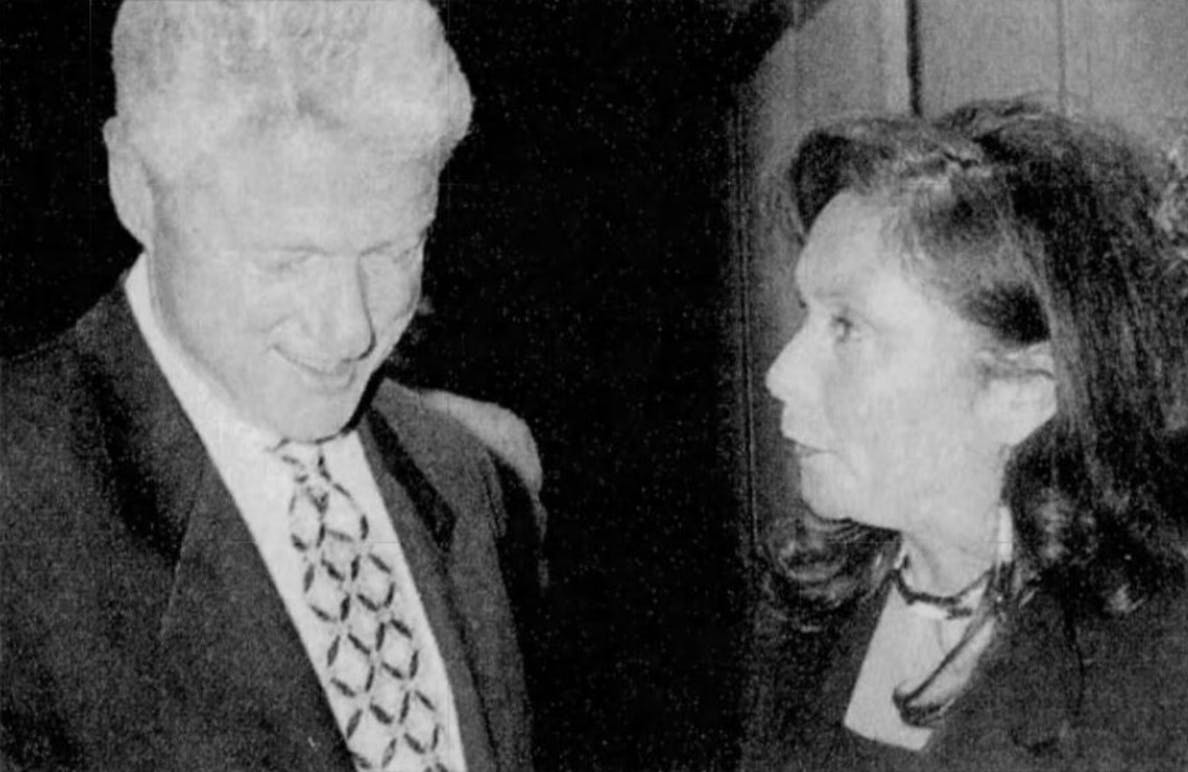Standing on a blanket with her five-year-old son beside her, Raynell Morris received the name that would be hers for the rest of her life: Squil-le-he-le.
“Your parents give you the Indian names when they deem it to be right. And that’s a big potlatch, it’s a big doing, it’s a long ceremony. It takes about a year in planning,” Squil-le-he-le said.
Both of her parents are members of the Lummi Nation, and both served on the tribal council.
“My father was [a] traditional blackface in the smokehouse, and my mother was Catholic,” Squil-le-he-le said.
Squil-le-he-le grew up in her mother’s religion and brought up her son Catholic as well.
“My mom and dad were both really about protecting a tribe’s treaty rights, and that’s when negotiations for funding for all of the tribal services took place,” she said.
Squil-le-he-le was the usual social Bellingham high schooler. She was on the cheer team and worked at the local bank, doing whatever they needed her to do.
She started her 22-year career in banking after graduating high school, taking a break to go to banking school in Portland, Oregon.
Once a quarter at her job, she went to Los Angeles, California, to the company headquarters, where the diversity council would meet and discuss how they could promote diversity, equity and inclusion in the workplace.
“It kind of felt like, even through banking, I was doing minority policy and advocacy work,” Squil-le-he-le said.
She went to work for the economic development company under Affiliated Tribes of Northwest Indians, a 56-tribe organization that represents federally recognized tribes in the northwest.
“I really believe in spirit ancestors guiding me,” she said.
She hadn’t been on the job very long when the company held a conference that changed her life.
“One of our keynote speakers was the Bureau of Indian Affairs executive director of economic development from Washington, D.C., and she met with my board, and said, ‘I am looking for a Native American with banking finance experience,’ and they said, ‘Well, we just hired one,’ and she said, ‘I’m desperate. It’s an emergency,’” Squil-le-he-le said.
They worked out a deal where Squil-le-he-le traveled between D.C. and Lynnwood every two weeks.
Squil-le-he-le loved being the right-hand man to the economic development director. But when the company’s undersecretary sent Squil-le-he-le’s resume to the White House, Squil-le-he-le was shocked.
“[They said,] ‘They’re looking for an associate director. They want them to be tribal,’ and I laughed and said, ‘Sure, that’d be great,’” she said.
Squil-le-he-le started her White House career in 1997 under President Bill Clinton, putting in hours of work as the Associate Director of Intergovernmental Affairs. She worked there for two years.
“We would start with our morning meetings,” she said. “I was the lead to the 26 federal agencies for the president, so if there were messages to go out to the federal agencies, we would want the president quoted.”
Despite the rigor, she remained close to her son, who was fourteen when she got the job.
“Policy work found me. Wherever I was, it just ended up being right there,” she said.
As a woman and often the only Native person in the White House, Squil-le-he-le learned the importance of representation in positions of leadership.
“A lot of our congressional elected officials and our higher agency level appointed folks didn’t really understand tribal treaties,” she said. “Their frustration was, why can’t they just say one thing and all the tribes have that as guidance to do?”

There are 574 federally recognized tribes in the continental U.S. and Alaska, each with their own treaties between them and the U.S. government.
“What works for Apache doesn’t work for Lummi, and vice versa,” Squil-le-he-le said. “Kind of on both ends of the spectrum, the learning curve was apparent in a different way than I’d ever seen in my role or been aware of. And it really felt like there was just so much to do.”
Walter Fleming, an associate professor of Native American studies at Montana State University, said it isn’t unusual for women to hold positions of power in some tribes.
“Women in lots of tribal settings have been the source of strength for that community or certainly within the family,” Fleming said.
Kurt Russo worked with Squil-le-he-le for the Indian Business Council in the Tribal Sovereignty and Protection Office for years.
“The tribal council decided they needed to get more strategic at responding to this proposal to put a coal port at Cherry Point,” he said. “If the Lummis had not been victorious, and without [Squil-le-he-le], they would have been, you would have North America’s largest coal port destroying one of the richest territories in America.”
Russo said the Lummi are always outnumbered by company executives and employees.
“They’re always told they can’t win,” Russo said. “They win every time.”
Squil-le-he-le has four grandkids, and she’s older now, but her life hasn’t slowed one bit. She was instrumental in fighting to bring the orca Sk’aliCh’elh-tenaut back to her home. The Lummi tribe considers orcas their relatives.
“I’m fighting for salmon, for the Salish Sea,” Squil-le-he-le said. “And, of course, fighting for the return of Sk’aliCh’eltenaut.”
Cordelia Longo (they/them) is a senior at Western majoring in political science. In their free time, you can find them listening to Taylor Swift and asking to pet strangers' dogs.






